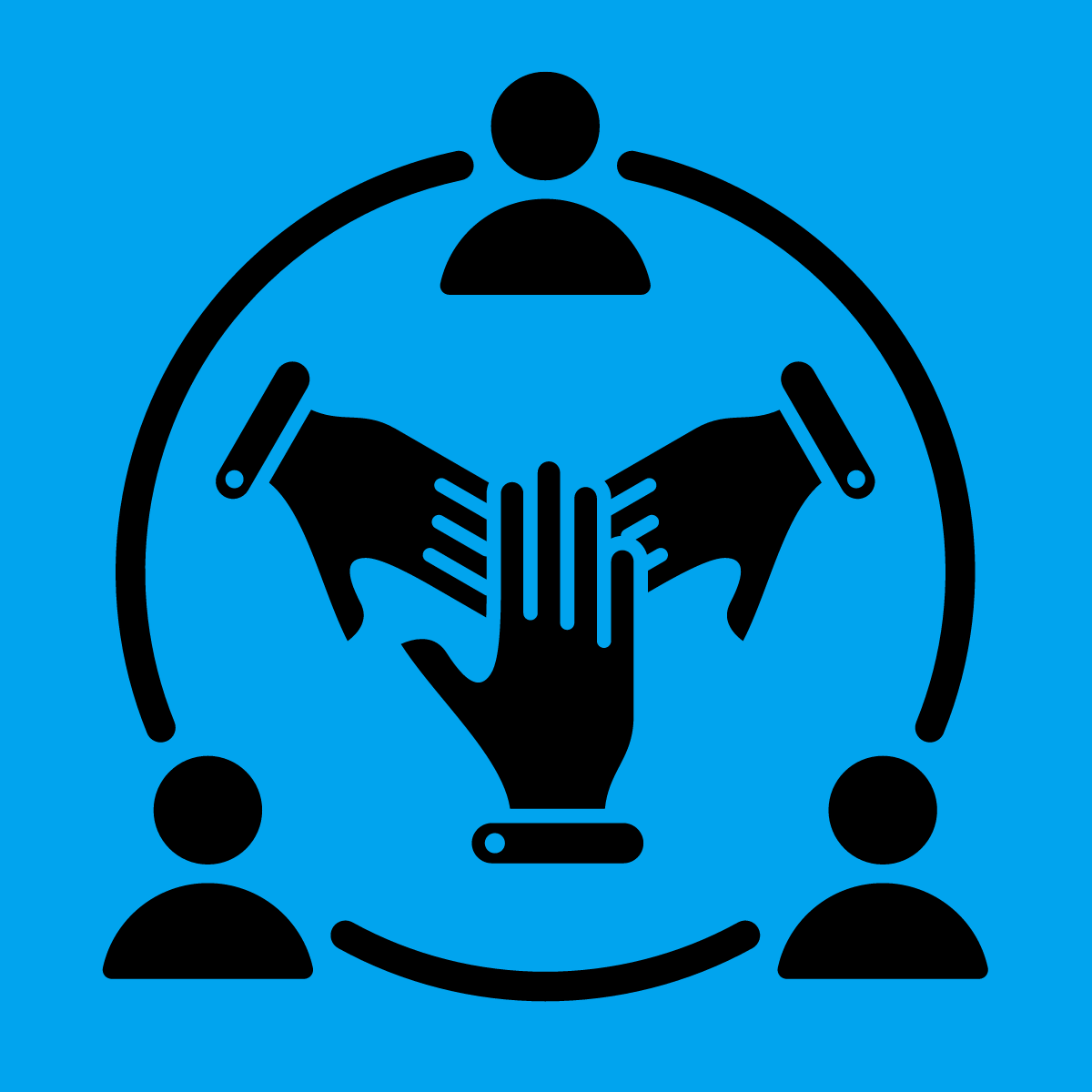Revenue management in hotels has come a long way from the days of spreadsheets and closed-door meetings where numbers were discussed in isolation. Today, revenue management plays a crucial role in every aspect of a hotel’s commercial strategy.
The modern hotel revenue manager works in commercial teams that encompass all areas of the organization – from sales and marketing to operations. These multi-departmental commercial teams should be at the core of a hotel’s business decisions.
This evolution has brought new challenges, new tools, and, most importantly, new opportunities. Let’s break down the key shifts shaping this field.
How Does Sales Enrich Revenue, and Vice Versa?
Gone are the days when hotel sales and revenue worked separately. In today’s hospitality landscape, the alignment of sales and revenue management is essential. A revenue leader must be deeply involved in sales strategy, just as sales must understand the metrics that impact profitability.
Understanding why and when sales are booking business—whether it’s two years out or last minute—enriches revenue strategies, allowing for more tailored, data-driven decisions. By learning the ins and outs of each other’s disciplines, both revenue and sales can ensure that the right business is layered in at the right time.
Layered Business Insights: Beyond Rate Management
Managing the day’s rates is no longer enough. In fact, if you’re only adjusting hotel rates for the day, you’re late to the game. Today’s revenue leaders need to manage the layers of business that contribute to total profitability. This is more than filling rooms, it’s about understanding which customers bring in the most ancillary revenue, how each segment performs, and how to optimize the booking curve.
This layered approach gives a more holistic view of performance, ensuring that every decision is based on a full understanding of market dynamics and customer behavior.
More Channels, More Complexity
With the explosion of booking channels – from OTAs to direct booking engines to social media – hotel revenue managers now juggle a far more complex system of inputs. In the past, there were just a few sources to manage. Now, channels are constantly evolving, each with its own dynamics, which require real-time adjustments.
To stay ahead, commercial teams need advanced tools that aggregate data across all sources and provide insights into how each one is performing. A deep understanding of channel dynamics allows you to optimize your mix and drive the highest ADR.
Just a Rate? Or Doing Business?
The modern revenue manager’s role extends far beyond simply setting rates. Today, revenue management is about doing business strategically. It requires a deep understanding of the guest journey, the booking window, and market trends. It’s about creating long-term strategies that align with a hotel’s overall commercial goals.
As revenue management becomes more integrated into the hotel’s business decisions, it’s clear that the best revenue leaders are also business leaders, influencing decisions far beyond just daily pricing. They’re not just tweaking numbers—they’re driving the business goals that affect a hotel’s long-term growth.
Sales: Learning How to Speak Business
This being said, sales teams also need to go beyond client relationships and learn how to “speak business.” It’s no longer just about closing deals—it’s about negotiating contracts that contribute meaningfully to the hotel’s bottom line.
To be a true business leader, you need to know how different types of bookings affect the hotel’s financial health: lead times, group performance, and business impact are all areas of knowledge that transform salespeople into more strategic players who can influence overall profitability.
Be the Problem Solver for Your Customer
Overall business health is about solving problems for your customers. Being proactive with your insights can make all the difference. For example, offering flexible dates or alternative options based on historical data not only helps close deals but also builds lasting relationships.
This problem-solving approach positions the hotel as a trusted partner, ensuring that clients see value beyond just the room rate, and cementing loyalty in the longer term.
How Does AI Fit In?
They say that AI won’t take your job, but someone who knows how to use AI will. AI-powered platforms can help revenue managers and commercial teams make faster, smarter decisions by aggregating vast amounts of data from different sources and providing real-time data and predictive insights. AI gives teams the ability to do their jobs more effectively, to focus on strategy and decision-making, and ensure that hotels stay ahead in an increasingly competitive market.
The evolution of revenue management has reshaped the role from a purely operational function to a key driver of commercial strategy. With tools like AI, and by integrating sales, marketing, and revenue management into one seamless platform, revenue leaders are now positioned to make more informed, strategic decisions that impact the hotel’s bottom line.
At LodgIQ, we’re proud to be part of this transformation, helping hotels navigate this new landscape with our AI-powered platform that unifies all aspects of the commercial strategy, delivering actionable insights that drive profitability.






